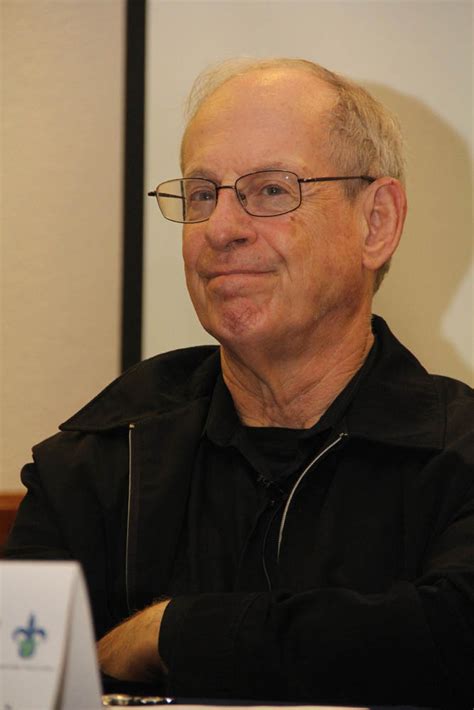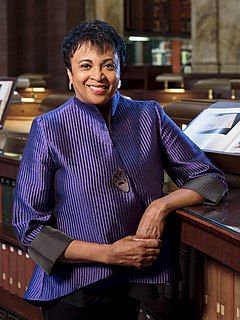A Quote by Stephen D. Krashen
Access to public libraries also affects how much children read.
Related Quotes
Children have to have access to books, and a lot of children can't go to a store and buy a book. We need not only our public libraries to be funded properly and staffed properly, but our school libraries. Many children can't get to a public library, and the only library they have is a school library.
We like to say the Internet is the ultimate library. But libraries are libraries because people come together and fund them through taxes. Libraries actually exist, all over the country, so why is it such a reach to imagine and to someday build a public institution that has a digital aspect to it? Of course the problem is that libraries and other public services are being defunded and are under attack, so there's a bigger progressive struggle this plays into.
NC LIVE has the potential to give citizens across North Carolina immediate access to the rich array of information resources housed by the libraries on UNC's 16 campuses. It will allow unprecedented collaboration and sharing of resources among sister UNC institutions, the community colleges, and the state's public libraries.
Kids not only need to read a lot but they need lots of books they can read right at their fingertips.They also need access to books that entice them, attract them to reading. Schools...can make it easy and unrisky for children to take books home for the evening or weekend by worrying less about losing books to children and more about losing children to illiteracy.





































